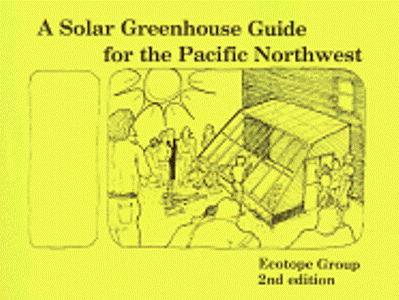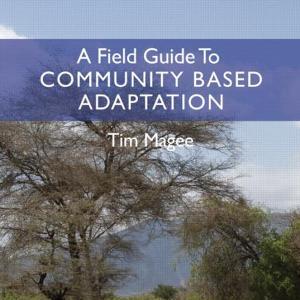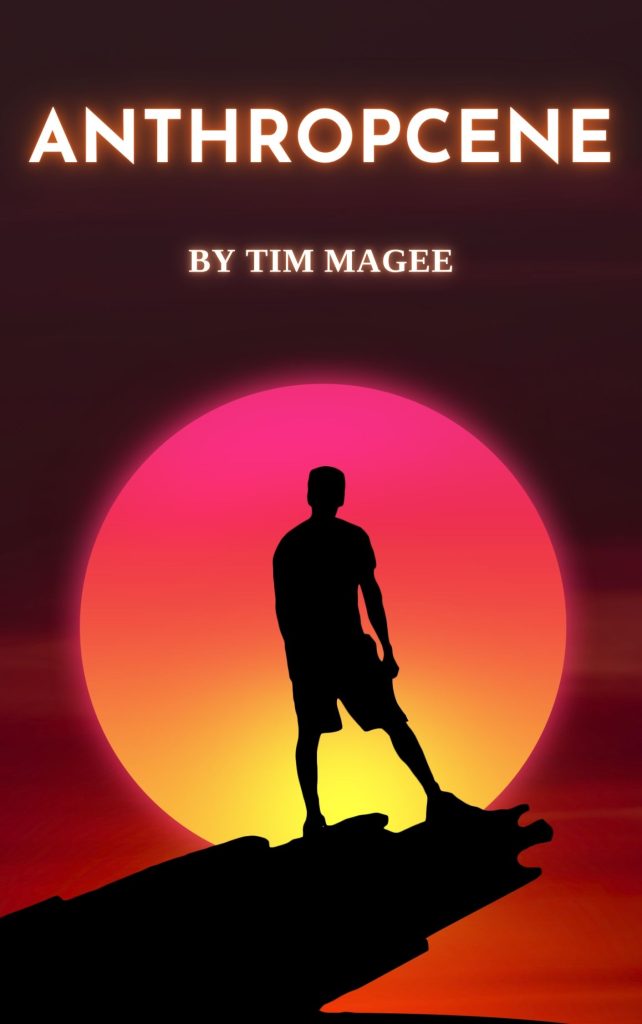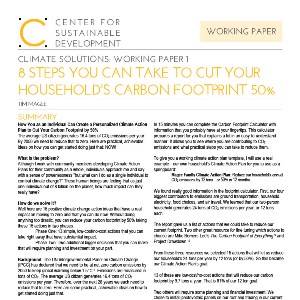Writing
First Book
I wrote my first published book in the 1980s on solar heating. I had been active in the budding stages of solar heating for five years and was hoping to promote the concept by writing the book.
Until then, there had been no market for solar heating. The exposure that I received from the publication of the book helped me launch a solar heating company, which I ran for 20 years.

Second Book
In the early 2000s, I shifted careers into international development. I began consulting and providing training to NGO’s on how to develop projects with impact. I realized that many of the projects that I consulted on related to a changing climate.
This led to writing A Field Guide To Community Based Adaptation in 2013, published by Routledge in Oxford, England.It was used internationally and I use it a resource for my training programs.

Third Book: Anthropocene
Over 15 years, my crew at the Center for Sustainable Development and I have provided training on climate change projects in over 150 countries. I was puzzled and disturbed by the fact that we weren’t getting training participants in our own backyard: North America.
I investigated this and came to the conclusion that in rural North America, where the biggest negative climate impacts are being felt, many people are in denial about a change in climate. They feel that maybe that wildfire, that drought, or that flood were single-event entities.
This motivated me to use the power of storytelling to get across to a general audience both the urgency of the situation and to promote a story that shows solutions to inspire action and even hope.
ANTHROPOCENE is the story of a time traveler from the future who helps to avert a climate apocalypse that is just beginning to form today. It goes something like this:
In the year 2025, an aggressively changing climate triggers a series of events that cause Earth’s systems to begin breaking down. By the 2050s, the world is nothing but small, scattered pockets of people that have reverted to the Dark Ages, a time known as The End. By 2100, civilization as we know it has ended. Only EARTH—a community of scientists and their families living in isolation on a tropical island—is living in relative civility, as they try and create a plan to restore humanity and heal the earth.
March 2100. Eminent environmentalist Johann Schweitzer is scouring the remains of the internet for information on the climate tipping points from 2025 that led to The End, when he comes across an old chat room run by his hero, lead environmentalist at the UNEP, Hunter McLeod. This is no ordinary chat room, though. This chat room gives Johann direct communication with Hunter himself, back in 2025. Rather than question this miracle, Johann decides to take full advantage of it and try to change history for the better.
After earning Hunter’s trust—and without mentioning that he’s from the future—Johann puts together a plan to feed Hunter the solutions to the top four tipping points and assemble a team that will help Hunter to turn the tide of climate catastrophe. Yet as they launch Johann’s plan, an unexpected series of crises unfold, threatening to derail the plan’s success—and Johann must think fast on his feet to solve them. Doubt starts to creep in: Can Johann change history from the future and stop a global catastrophe? And he worries that if his plan successfully prevents the apocalypse he was born into, he may never actually be born.
The book has just been completed, and I have begun the process of finding representation with a literary agent.

Blog & Newsletter
For over 15 years, I have been regularly writing blogs, discussions, and white papers for the Center for Sustainable Development. Currently, my most popular one is 8 Steps to Cut Your Carbon Footprint by 50%.
Visit my blog to find articles on:
- Climate action plans
- Vegetable gardening for nutrition
- Urban agriculture
- Designing nonprofit programs
- Capturing compelling nonprofit stories and photos
- Climate-smart agriculture
- Indigenous knowledge and climate change
Subscribe to my newsletter to receive monthly, cutting-edge articles.

Contact
Please contact me here. I look forward to hearing from you, and I will reply quickly.
